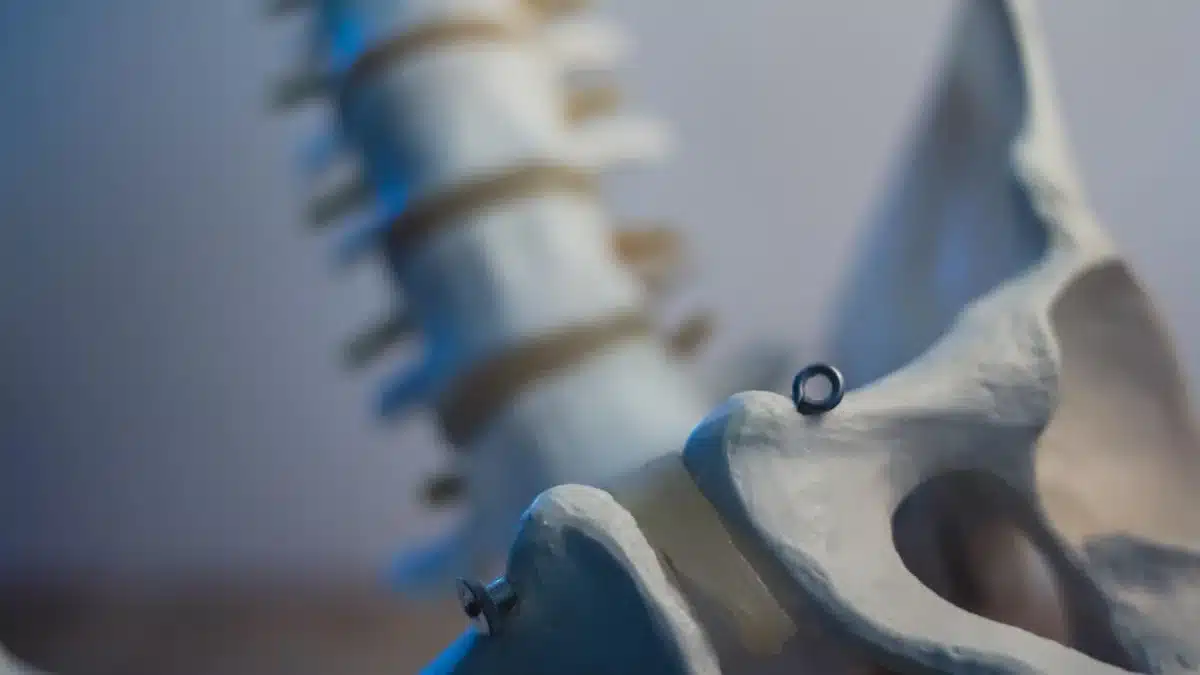Usually the first appointment is an hour long, this gives you plenty of time to tell your physio what is bothering you and for your physio to ask questions about your symptoms and history. Physical assessment may include looking at the joints of the pelvis/hips/spine as well as breathing technique.
Pelvic health issues may include:
- Incontinence (leakage) of bladder or bowel
- Bladder issues like frequency and urgency (having to go to the toilet often and get there very quickly!)
- Bowel urgency and frequency
- Overactive pelvic floor muscles
- Pelvic organ prolapse
- Pelvic pain
- Painful sex
- Pain with using bladder or bowel
- Tail bone pain (coccydynia)
- Pregnancy related issues (back/neck/hip/wrist issues)
- Pregnancy and post natal exercise programs
- Post natal pelvic floor checks
- Post natal reconditioning and return to exercise programs
- Abdominal muscle assessment (DRAM)
- Issues relating to breastfeeding, including mastitis and blocked ducts
- Pelvic floor exercises after prostatectomy
Pelvic Floor Assessment
Your pelvic floor muscles may need to be assessed and this can be done in different ways, depending on what you are comfortable with. Partial assessment can be done via real time ultrasound of the bladder (through the tummy or trans-abdominally) or a visual assessment of your perineum (the area between your urethra and back passage). Internal vaginal or rectal assessment may also be of benefit so your physio has as much information as possible to assist you with your issue. This is only done if you give consent and can be done while you have your period (if you are comfortable to do so).
Treatment
Treatment may consist of education, pelvic floor exercises, hip/back/abdominal exercises, breathing exercises, manual (hands on) treatment, prescription of devices such as dilators or TENS. It really depends on what your issue is as to what treatment you will have - everyone will be a little different. Physiotherapists can refer for imaging (xrays/scans) and can refer you back to your GP if you need to see a gynaecologist or urologist.
You do not need a referral to see a physiotherapist and appointments can be made online.
